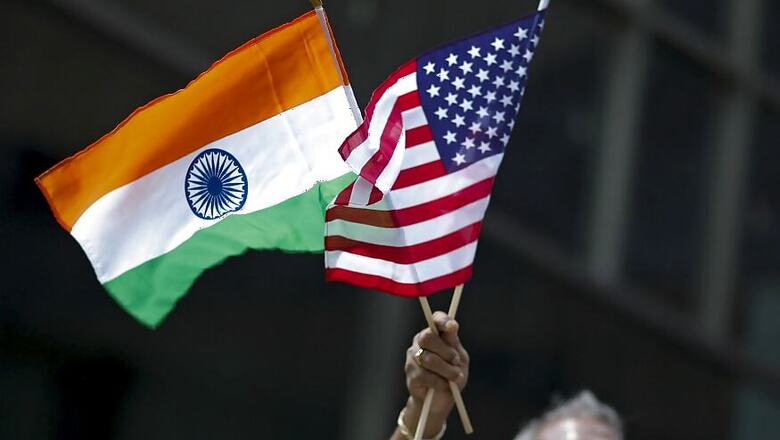
views
Washington: Challenged by the coercive Chinese overseas aid, the US has said that it wants to help other countries follow the India model of transitioning from being an aid recipient to a partner and then to a donor.
"Our goal is to help countries move from being recipients to partners, to fellow donors. That's what we want. We want to build that coalition of the willing for the West, for the United States," USAID Administrator Mark Green said in his address to the Professional Services Council's 7th Annual Development Conference.
"We want to enhance the ability of countries like India to move from when they received sacks of food from us, to a place where they are now the fifth-largest donor to Afghanistan in financing key development there. Not every country is India. Not every country has advanced that far on their journey, Green said.
"That to us is the model, and I think it is what we offer the world that is a fundamentally different model than what China does," the top Trump Administration official said as he slammed the Chinese model of development and aid overseas.
Describing China as the most prominent authoritarian players in the developing world, he accused the Asian giant of predatory financing.
On the other hand, US tries to help countries become more self-reliant, he noted.
"The other piece of work with China is, of course, the transparency. Everything that we do is an open book. Everything that we do is above board, he said.
You can see the costs and benefits of every project that you and I undertake. Of course, in the case of China, it's the opposite. Almost all is hidden from view. So, what is the response? What is it that we do? he asked.
"First off, number one, and I know you know this; you hear it all the time. One of the reasons that China is able to fund projects is that we're not there. We need to be there. America needs to be there around the world. We need to engage with leaders and partners in the developing world, Green said.
The US is also developing tools and rolling them out, which help it's country partners analyze the true costs and benefits of proposals that come from other countries, he said.
"Straight off, let them see what those hidden costs are. And if they choose to go in that direction, it's a sovereign nation, they can make those choices. But when they see what it is that you and I offer versus what authoritarian powers offer, I'm pretty confident as to what the results will be, the USAID administrator said.
Green said that the US also needs to reach out to young people around the world and help them understand that they're the ones that will bear the consequences and burdens of authoritarian financing.
Whether it be the external debt, which limits opportunities of potential economic growth in the future, or -- and to me, this is just as dangerous -- the loss of sovereignty over key minerals and key access rights to ports and other facilities, he said.
We need to help young people understand that that is what is sold when you engage in authoritarian, predatory financing, Green said in response to a question.



















Comments
0 comment